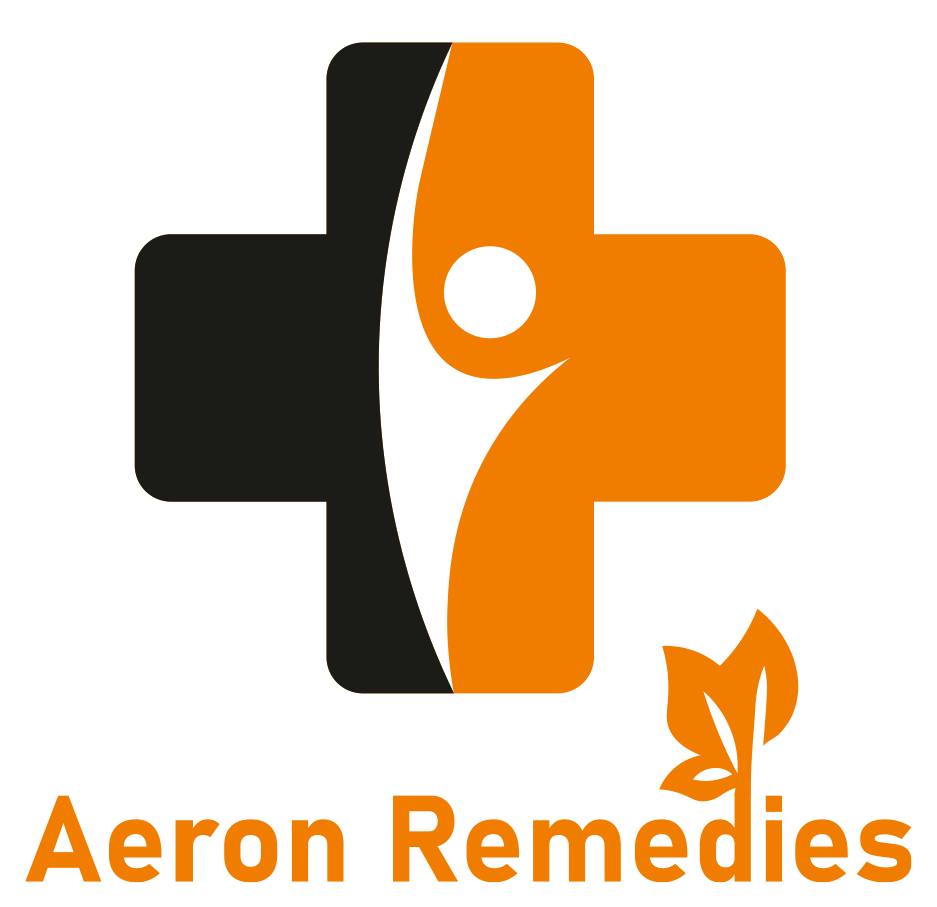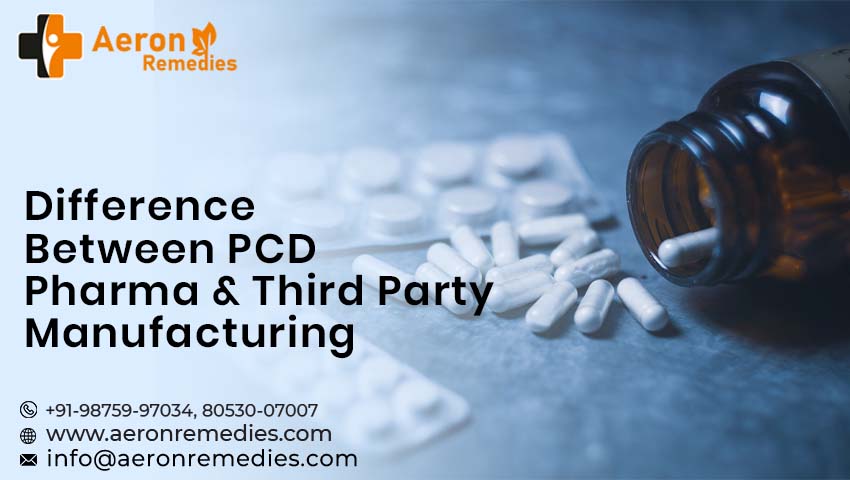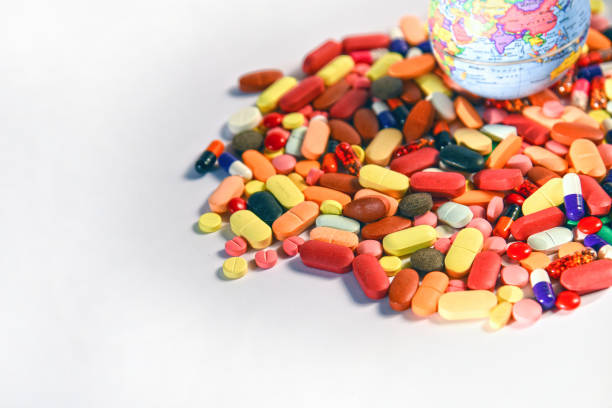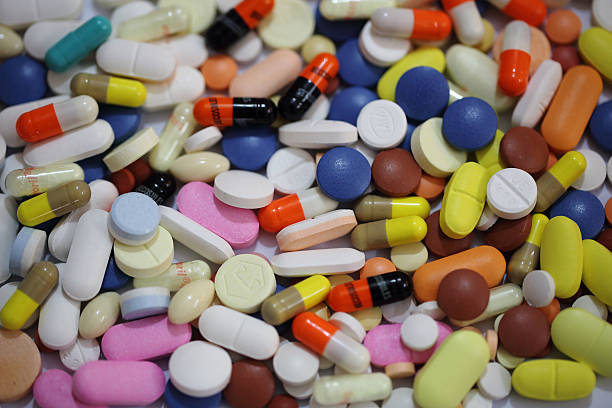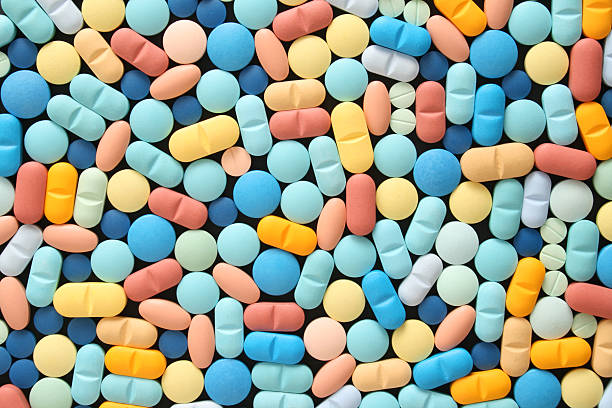The Pharmaceutical sector has many business models to serve the different requirements, with PCD Pharma and Third Party Manufacturing being some of the popular models. The companies formulate various models in order to facilitate growth enhancement and cost improvement, but the two models are fundamentally different.
In this blog, we will be looking at the comparison between PCD Pharma and Third Party Manufacturing to help you choose the best for your business.
What is PCD pharma?
It is a type of marketing and distribution system that allows pharmaceutical companies to grant exclusive rights for the promotion and sale of a certain product under their trade name to independent distributors or franchisees.
Such franchisees are usually helped by the parent company, regarding knowledge on the products and marketing, when they are allowed to promote the products of the company in a particular area.
Key points about PCD Pharma franchise include
Small Investment: It is a business model that requires low capital investment as compared to many other business models, which makes it appealing to small start-up business persons.
Marketing Support: Marketing and sales efforts are supported by the parent company with marketing support materials such as brochures, visual aids, or samples of products.
Exclusive Rights: The distributors are granted the exclusivity for selling and marketing any particular product on a specified territory, as this kills internal competition.
What is Third Party Manufacturing?
It is also referred to as contract manufacturing, is when a pharmaceutical firm hires another firm to manufacture its goods. The company making the contract will provide both the formula and the details, while the manufacturer provides quality standards and all regulations are observed.
Key points about Third Party Manufacturing:
Production Outsourcing: The contracting entity hires a specialized company to do the manufacturing on its behalf.
Cost-Efficient: It allows companies to produce goods without incurring larger amounts of capital spending on production plants, making it economical.
Branding Flexibility: Companies are able to outsource the production of products under their brand names, enabling them to diversify their marketing and branding.
Quality Assurance: Manufacturers take accountability for the quality of the manufactured goods and compliance with industry standards and laws.
Key Differences between PCD Pharma & Third Party Manufacturing
Business Model
• PCD Company operates on a distribution and franchise strategy, which specializes in the marketing and selling of medicines.
• Third Party manufacturing relates to the production and provision of goods under the umbrella of a named company and the actual work is done by an independent manufacturer.
Investment Requirements
• PCD needs a comparatively lower amount of capital, which is mainly spent on marketing, distributing and stocking the products.
• Third Party manufacturing requires more investment in terms of product orders but does not include the heavy costs of sustaining a manufacturing unit.
Marketing and Sales
• PCD Pharma: The distributor or franchise partner basically manages the marketing and sales operations restricted to the specified territory.
• Third Party Manufacturing: The marketing and distribution of these products is done by the contracting company, the production of the products is done by a third party.
Product Range
• PCD Pharma: Limited to the range of products like R Doxim 100, R Doxim 200, Roxim 500, Roxim cv, Roncif 100, Roncif o that is available by the parent’s company.
• Third Party Manufacturing: Depending upon its own formulations and the market requirements, it is possible to contract manufacturers for products of varying line.
Market Reach
• PCD Pharma: Has a presence only in chosen geographies, which targets specific part of market.
• Third Party Manufacturing: This enables organizations to function at a higher level, as they can channel all efforts on marketing and sales without any constraints on production capabilities.
Risk and Responsibility
• PCD Pharma: Marketing and selling risk is taken by the distributors, whose efforts are programmed around regional sales focus and achievement.
• Third Party Manufacturing: The Company that gives the contract is in charge of the marketing, distribution and sale of the goods, the manufacturer is responsible for the timely delivery of the manufactured goods.
Conclusion
In conclusion, both PCD Pharma and Third Party Manufacturing have their own benefits in relation to the type of structure which you want to have in your business. AERON REMEDIES is one of the leading Third Party Manufacturing Company, we also provides PCD Pharma Franchise in India. We are a highly reputable pharmaceuticals product manufacturing company known for our top-quality healthcare products.
